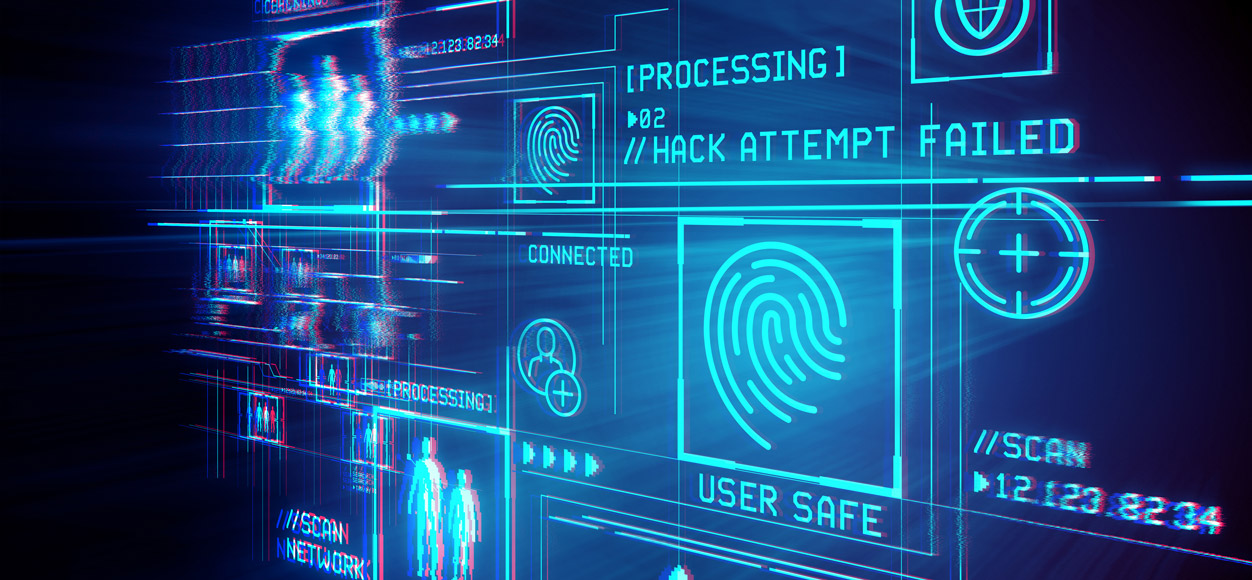Latest News
Cybercrimes in India: Overview and Redressal Procedure

Cybercrimes are crimes which are committed over a networked communication platform or on a social media platform. Cybercrimes include cyber terrorism, doxing, online defamation, revenge pornography, intellectual property violations (hacking, virus attacks etc.), software piracy, credit card frauds, among others.
Cyber crime cells are present in all major cities in India and according to the Information Technology Act of India, they have a global jurisdiction, hence one cell can handle cases from a large region remotely.
Although one can file a complaint physically, this article will discuss how you can remotely file a complaint if you’ve been a victim of a cyber crime, online.
The first step to file a complaint is to lodge an online complaint on Cyber Cell India, which is the consolidated online forum for all cybercrime complaints.
Subsequently, a formal written complaint needs to be emailed or mailed to the specific cyber crime cell in your city or district. If there is no cell, in your vicinity, complaint can be filed in the nearest one, as cells have global jurisdiction.
Apart from the complaint, personal information such as the name of the victim, contact details as well as an address for mailing needs to be provided to the cyber cell.
In case one cannot access a cyber cell, complaint can also be filed as a First Information Report to the local police station or to a judicial magistrate as well.
It is mandatory for the police stations to accept the complaint lodged if the offence falls under Section 154 of the Indian Penal Code, that is a cognizable offence. Since most cybercrimes are considered cognizable in nature, the police has to accept complaints and act on them promptly. They also do not need a special warrant to arrest a cyber criminal as they are cognizable offences.
You can visit this website to lodge an online cybercrime complaint.
After preliminary complaint filing, the cyber cells begin the investigation process. Initially, all the digital evidence on the internet as well as in local computer disks related to the incident are collected. This is done by expert online forensic data analysts who ensure that no important data is lost in case of a hacking incident or a virus attack.
In a lot of cases of online abuse and harassment, the cyber cell is faced with the task of finding the real identity of the perpetrator, as he/she is often acting under a pseudonym or anonymously. This includes tracking IP addresses of computers, cracking through rudimentary anonymity protectors like VPN and also tracking timelines and history of social media use so as to ascertain identity.
Therefore, redressal mechanisms for cybercrime have developed and advanced at a rapid pace, bringing much needed protection for vulnerable people online, especially young people who often fall victim to online abuse, fraud or harassment. It is however true that cyber cells only exist in major cities and protection against cyber crimes has still not reached to Tier-2 and Tier-3 cities in India. Therefore, although cybercrime protection in India is remarkable and rapidly expanding, there is still much room for improvement and added protection of victims.



































































































